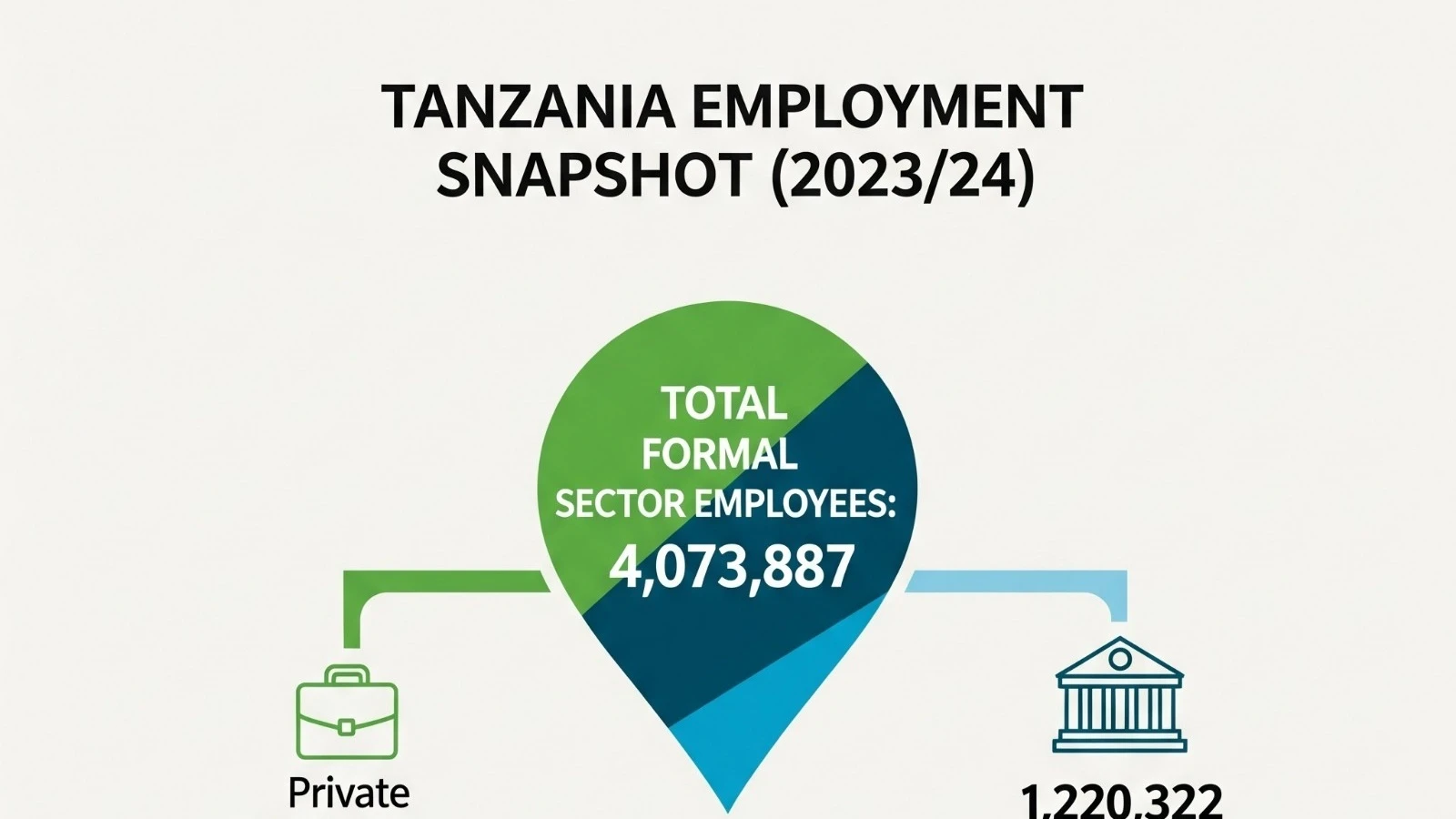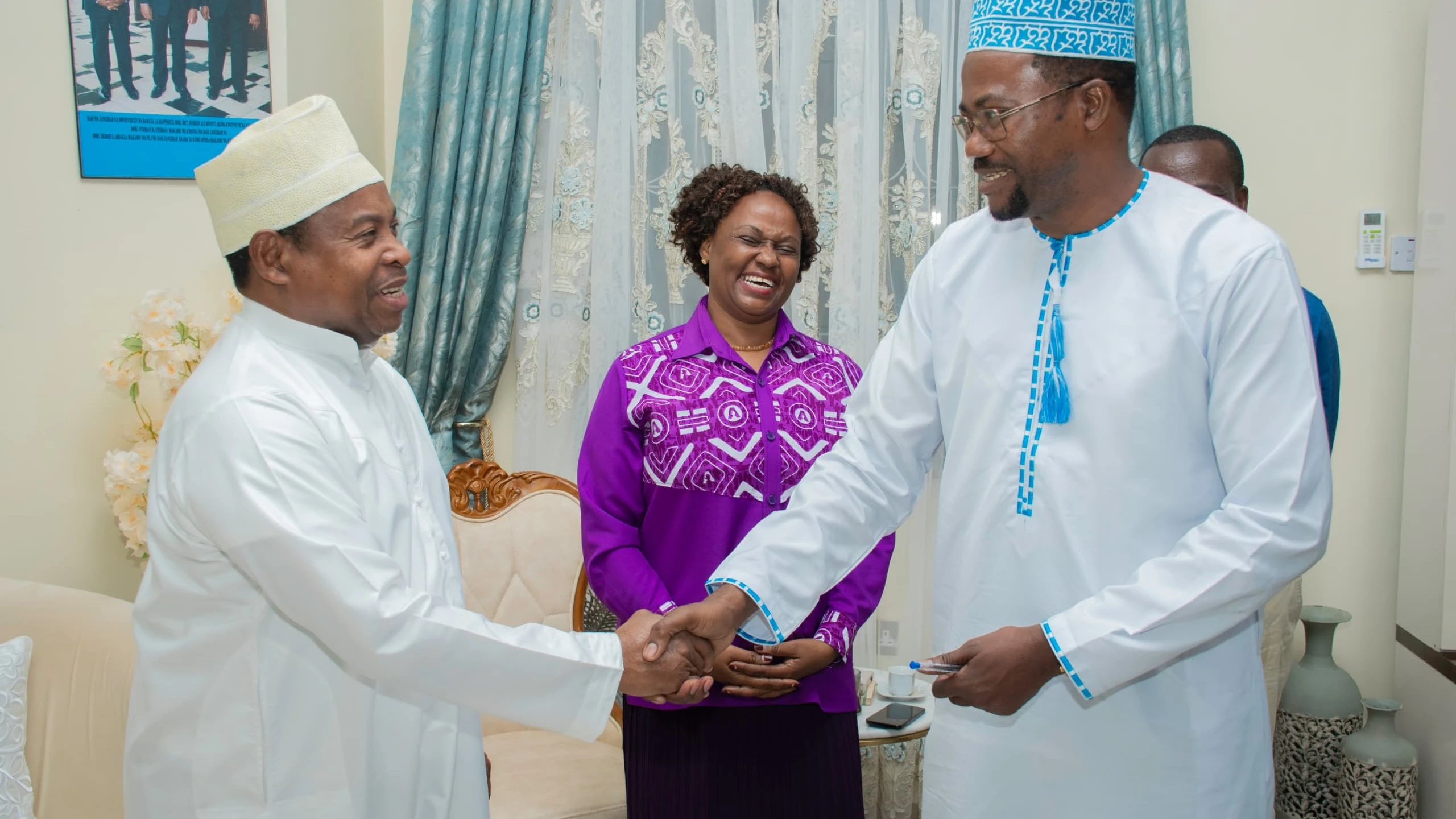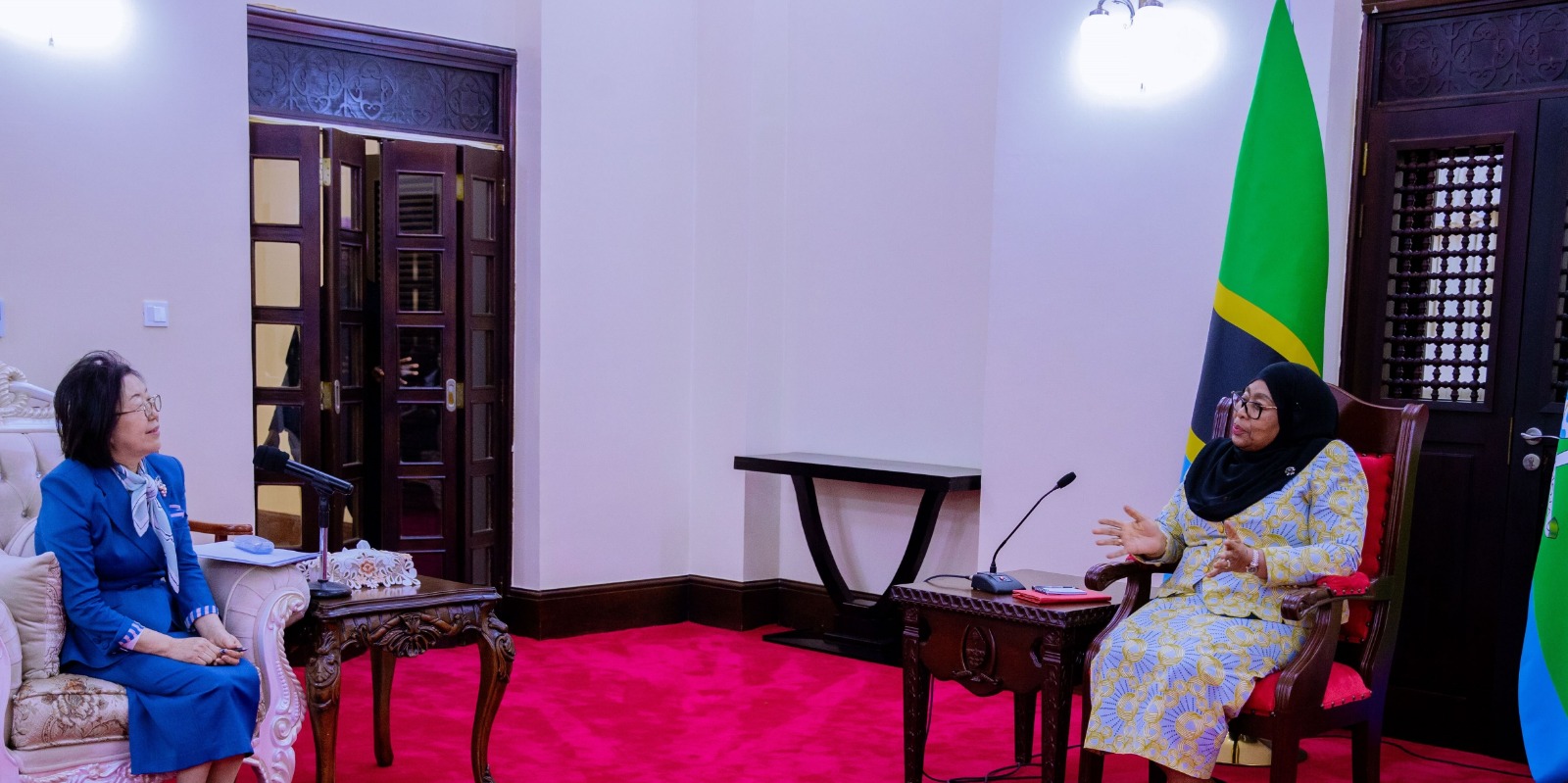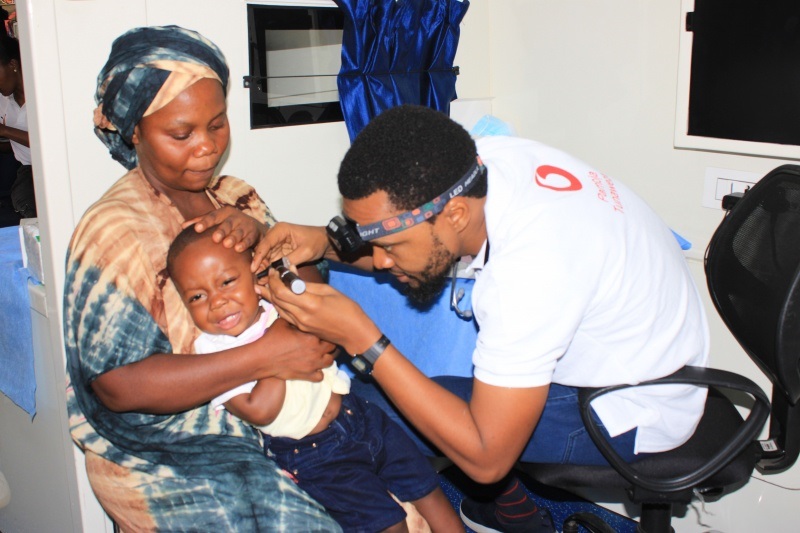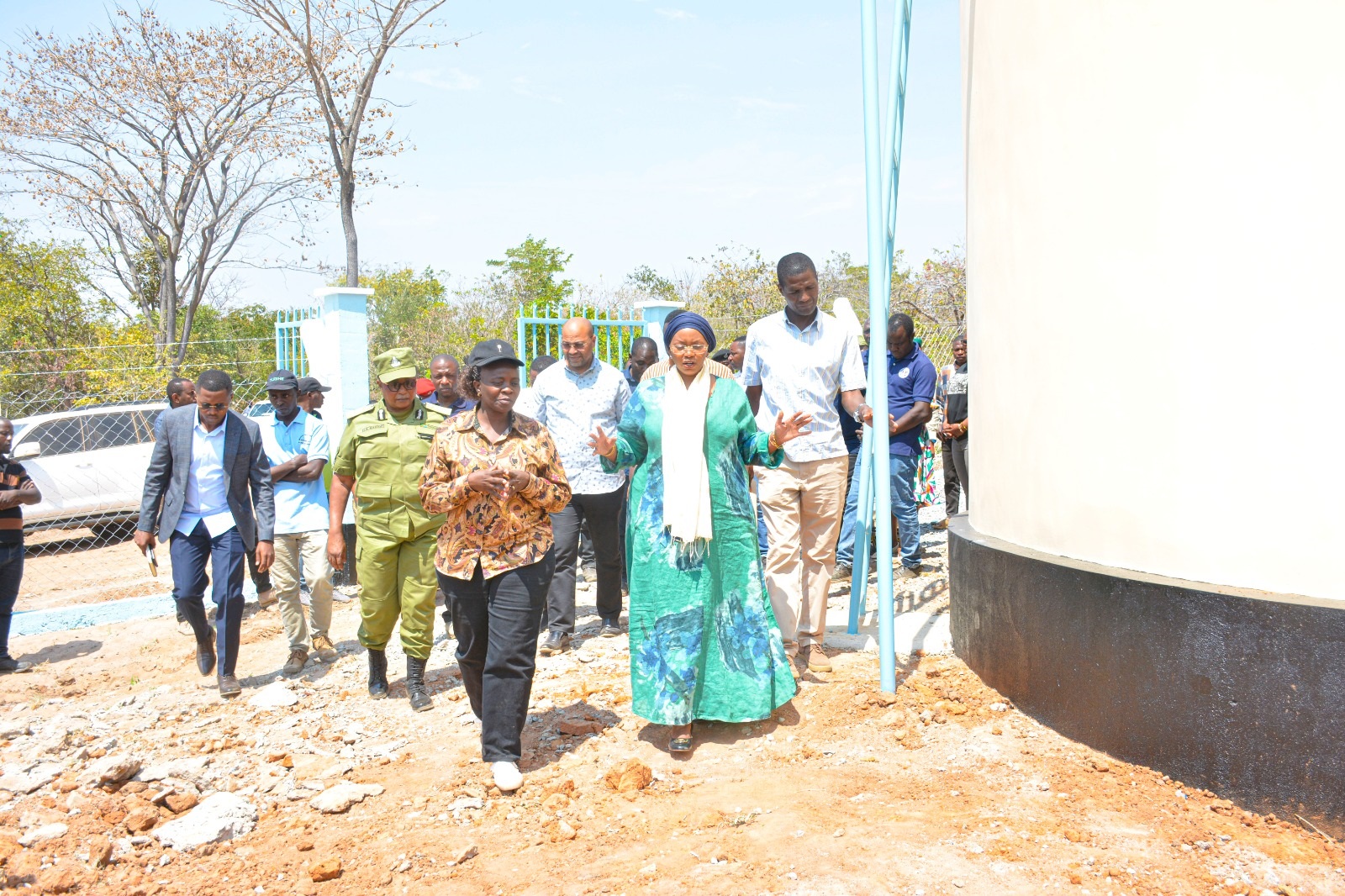Female future programme launched to empower women with leadership skills
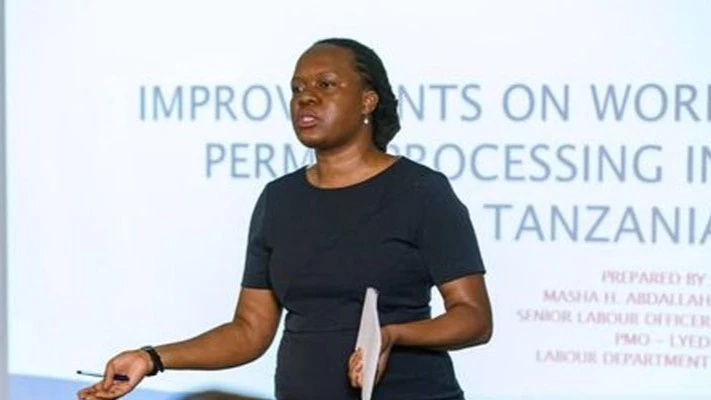
THE Association of Tanzania Employers (ATE) has launched the 10th Cohort of the Female Future Programme (FFP) to empower women with leadership skills as a way to advance gender equality across sectors and contribute to national development.
Speaking yesterday in Dar es Salaam during the launch, Susan Ndomba-Doran, ATE chief executive officer (CEO) said the launch of the 10th cohort is important because it will also mark the tenth anniversary of the female leadership programme since its inception when the students graduate next year.
“Apart from the launch, we have also signed a Memorandum of Understanding (MoU) with Engineers Registration Board (ERB) who have committed themselves to bring 13 female students each year from its institutions to take part in the programme. This actually tells us that what we are doing is the right thing. You can also see the difference whereas in the ninth cohort we had 76 graduates last month, but in this new cohort, a total of 116 women from 27 companies have registered until yesterday,” she said.
She added: “The MoU between ATE and ERB will last for three years where ERB is expected to invest $39000 for 13 women. Following their commitment to do so, ATE will offer one free position each year for one individual to attend the programme without them paying. We are doing this to attract more people to attend in the future.”
Ndomba-Doran said the programme has cultivated a positive perception and attracted many firms as it trains women in areas that many companies have been investing in capacity building training for female experts.
“The programme trains women on three crucial areas, namely: Board competency, Leadership skills and Rhetoric in communication. The purpose of the female future programme is to offer and advance women’s skills for nine months,” she said.
Eng Benard Kavishe, Registrar of ERB said that women empowerment ‘efforts are crucial to elevate women to partake in the country’s development endeavours.
“We are here as part of the efforts to fight for gender equality especially in the engineering sector. Engineering is among the sectors that is dominated by men. In every five engineers, there is one female. The low number of female practitioners in this sector is a major problem. And if you make reference to the millennium development goals and the sustainable development goals, it is clear that the absence of gender equality is a sign of poor development,” he said.
Masha Makatayambi, Executive Director of Global compact network Tanzania, complimented the leaders for the initiative to open doors for women to participate in the programme.
“Women have various needs that differ from men. Through such programmes gender equality can be realized because when can be part of decision-making roles. These kinds of programmes will catalyse male leaders to follow suit to advocate for women empowerment, a decision that will garner positive outcomes nationally and globally,” she said.
Makatayambi, said a lot needs to be done to address the small number of leaders between CEOs and CFOs in the country who are women.
She acknowledged the plans and strategies of the FFP that have been rolled out to address the gaps, noting the increase in the number of women in higher leadership positions in the government from the President, the cabinet ministers, permanent secretaries and the national assembly.
Top Headlines
© 2025 IPPMEDIA.COM. ALL RIGHTS RESERVED








